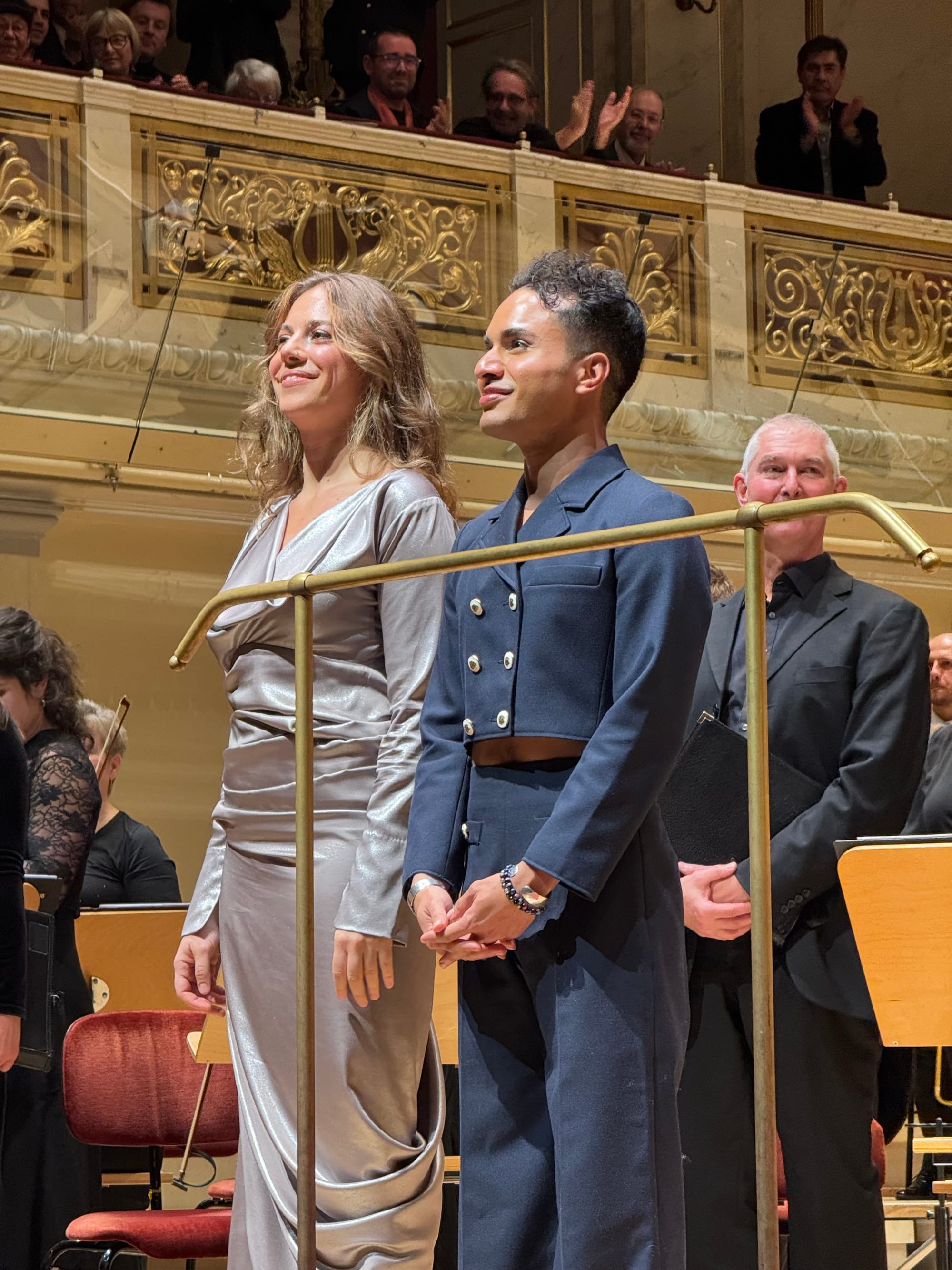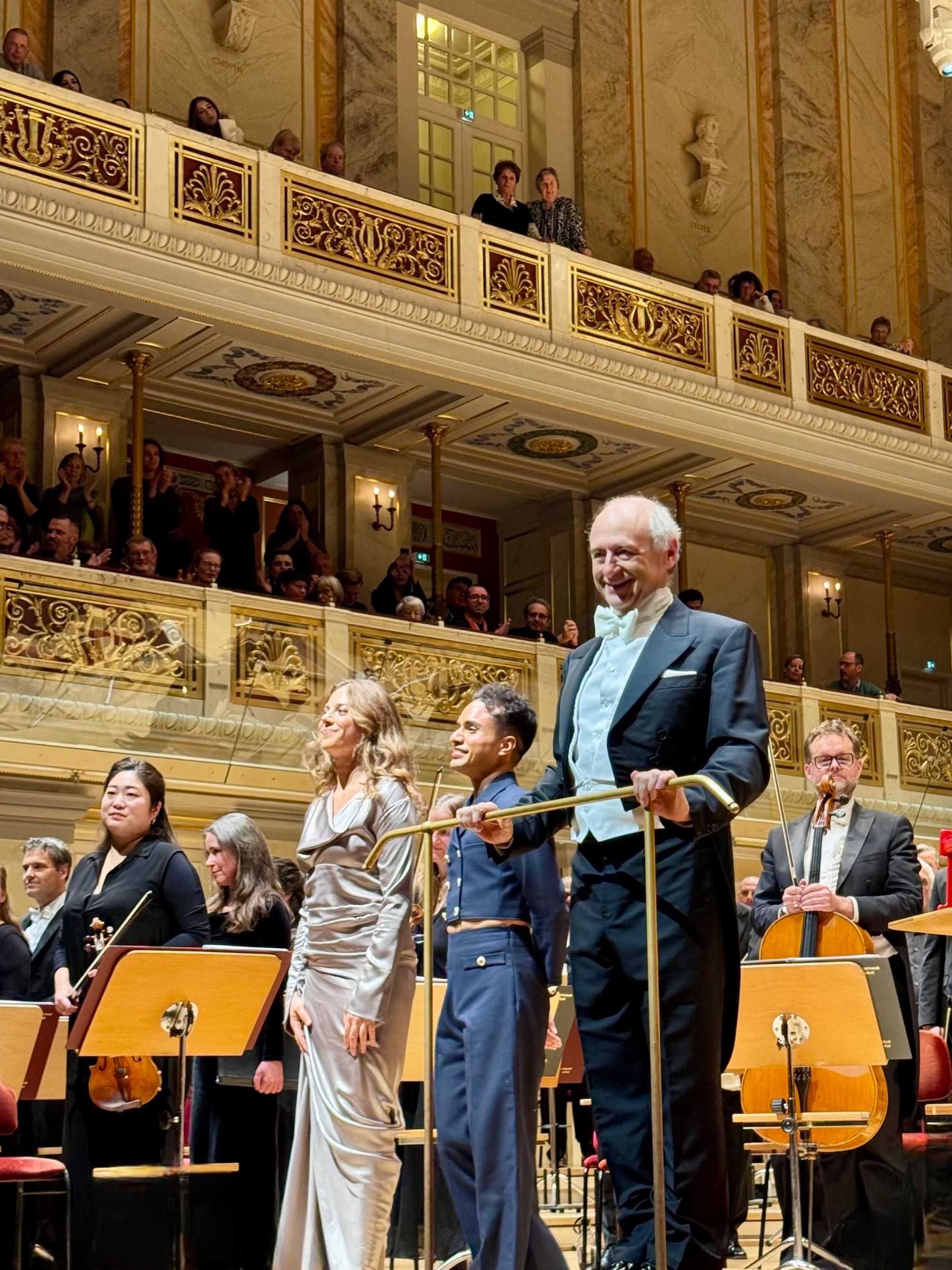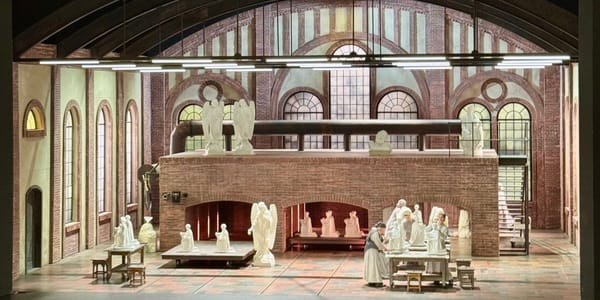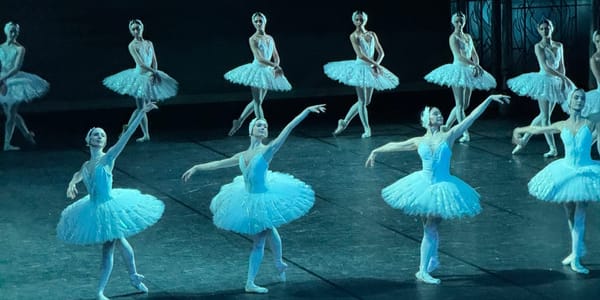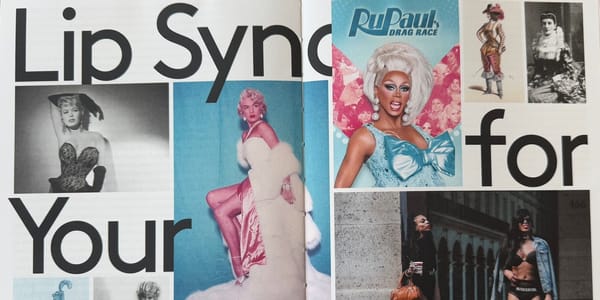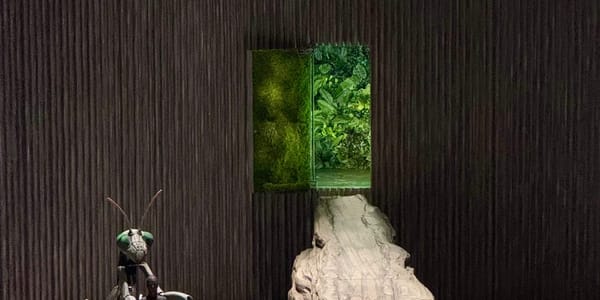Die Zauberflöte—freed from prejudice at Konzerthaus Berlin
In our lifetime, some of the operas we love and cherish will enter their 3rd or even 4th century of continuous production. So far, it has been artistic liberty in staging these operas which has kept them interesting.
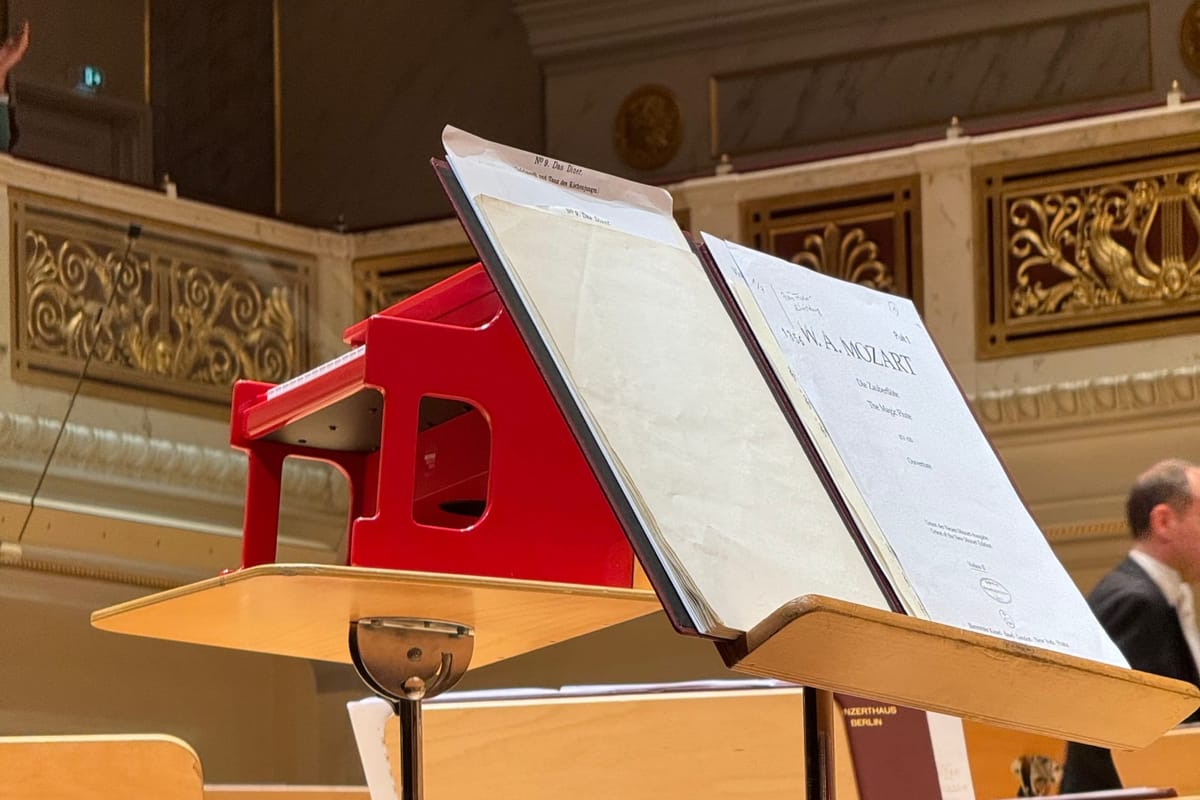
⭐️⭐️⭐️⭐️
🎭 Iván Fischer & Konzerthausorchester
🎶 Strauss & Mozart
🏛️ Konzerthaus Berlin
🗓️ 08.11.2024
“Classical music is often all about the time in which these pieces were composed, about the past. Today, we are focusing on the future. Die Zauberflöte is about a prince who is accepted into an order of male priests. Mozart lived 250 years ago, in a vastly different moral order than today, which is all about equality and interchangeability. And we have no idea what moral conventions will be like 250 years from now. Die Zauberflöte is all of our favorite opera, amazing for children and adults alike. Die Zauberflöte has changed the world. Let‘s see now if the world can also change Die Zauberflöte.”
I‘m quoting Iván Fischer to the best of my memory‘s abilities, as he introduces his take on one of the most famous pieces of classical music: “Die Zauberflöte—freed from prejudice”. When I tell you that this short piece was one of the most emotionally moving experiencing I‘ve had this far, I‘m not exaggerating. Fischer’s take is fun, queer, modern, and equally “shocking” as it is completely and utterly normal.
Fischer picks some of the most important moments from Mozart’s opera and adds his own twist to each number. In the overture, a choir is placed amongst the orchestra and sings some of the most iconic parts (babababababa!), which makes for an upbeat, grin-inducing start. Counter tenor Samuel Marino sings the revenge area and becomes the King of the Night, giving a meticulous coloratura at the end of the piece. And, most mesmerizingly, mezzo soprano Denis Uzun sings the iconic aria of “Sarastra”, in which she pleads to the ancient gods, with a choir of priestesses giving an ethereal soprano whisp. One might think that these changes somehow lessen the impact of Mozart’s music. I wager the opposite: it is not inspite of, but because of these changes that the universality and genius of Mozart‘s composition truly unfolds.
I can imagine that depending on whom you ask, these changes either threaten the very fabric of the Zauberflöte or boldly modernize some of its more problematic elements to align the opera more closely with our contemporary morals. To me, such adaptations of classical music are a logical next steps to the changes that have already occurred. Particularly the Zauberflöte is known for its modern libretto updates to align some passages more closely with our understanding of morality.
.
In our lifetime, some of the operas we love and cherish will enter their 3rd or even 4th century of continuous production. So far, it has been artistic liberty in staging these operas which has kept them interesting. Why not, as a next step, also have a tenor sing the role of a soprano, and vice versa? Or—gasp—have Rodolfo fall in love with a Lucas instead of a Lucia/Mimi? (Which is exactly what the King's Head Theatre in London did for their incredibly intimate rendition of La Bohème in May 2022: two men as the lead couple, Grindr instead of a candle, and HIV instead of tuberculosis).
I‘m more than grateful to live in a time where the classical music world is being shaped by the progressive movements around it. Fischer was right! As I write this, a concert honoring black and queer voices is ongoing at the Konzerthaus. It is in these moments that I appreciate the small pockets of progress all around us, even in times of geopolitical upheaval, in a world “aus den Fugen”, in midst of retrenchment, regression, and post-fascism. What a time to be alive!
